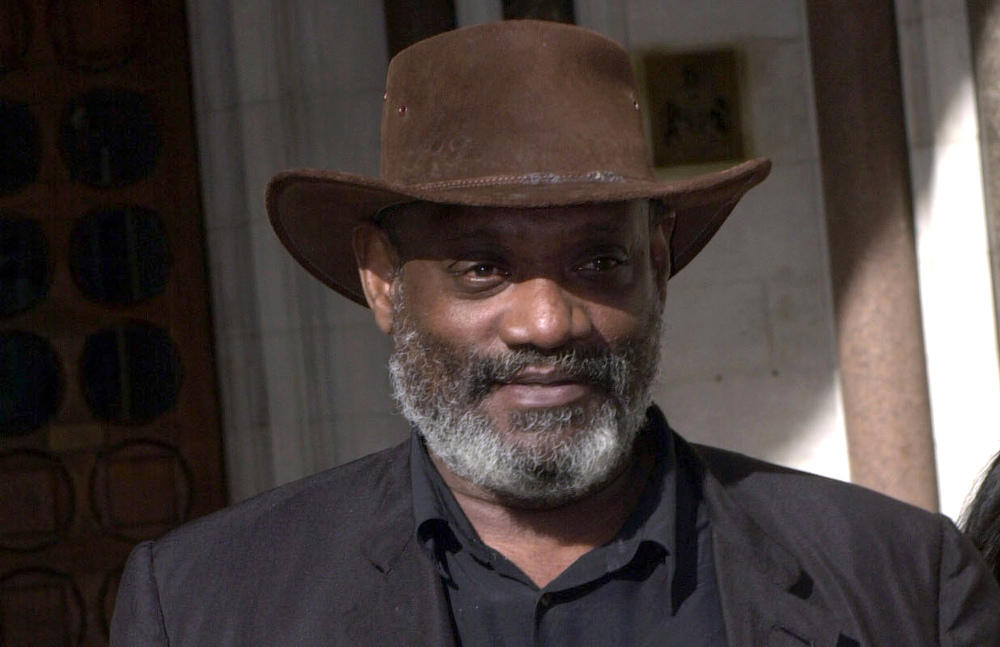LONDON — Darcus Howe, one of the most prominent black activists of his generation in Britain, has died. He was 74, and had been suffering from prostate cancer.
Howe was a leader of the U.K.’s little-chronicled black power movement, which battled institutional racism and challenged the prevailing view that racism wasn’t a problem in modern-day Britain.
“He was a genuine radical,” Howe’s biographer, Robin Bunce of Cambridge University, said. “He was at the center for bringing racial justice to the U.K.”
Howe rose to prominence in 1970 when he masterminded a campaign to stop the Metropolitan Police from closing down the Mangrove Restaurant in Notting Hill, a hub of black culture. Police had raided the restaurant a dozen times, triggering a backlash that climaxed in a pitched battle between police and 250 protesters.
Howe and eight others – the so-called Mangrove Nine – were charged with riot, affray and assault. But the trial, and Howe’s ultimate acquittal, brought public attention to the issue.
A decade later, he organized a march to protest what activists saw as the failure of police to fully investigate allegations that a racially motivated arson attack caused the New Cross Fire, in which 13 young black people died.
Born in Trinidad, Howe came to Britain in 1961 with the intention of studying law. Instead, he became a writer.
Send questions/comments to the editors.



Success. Please wait for the page to reload. If the page does not reload within 5 seconds, please refresh the page.
Enter your email and password to access comments.
Hi, to comment on stories you must . This profile is in addition to your subscription and website login.
Already have a commenting profile? .
Invalid username/password.
Please check your email to confirm and complete your registration.
Only subscribers are eligible to post comments. Please subscribe or login first for digital access. Here’s why.
Use the form below to reset your password. When you've submitted your account email, we will send an email with a reset code.